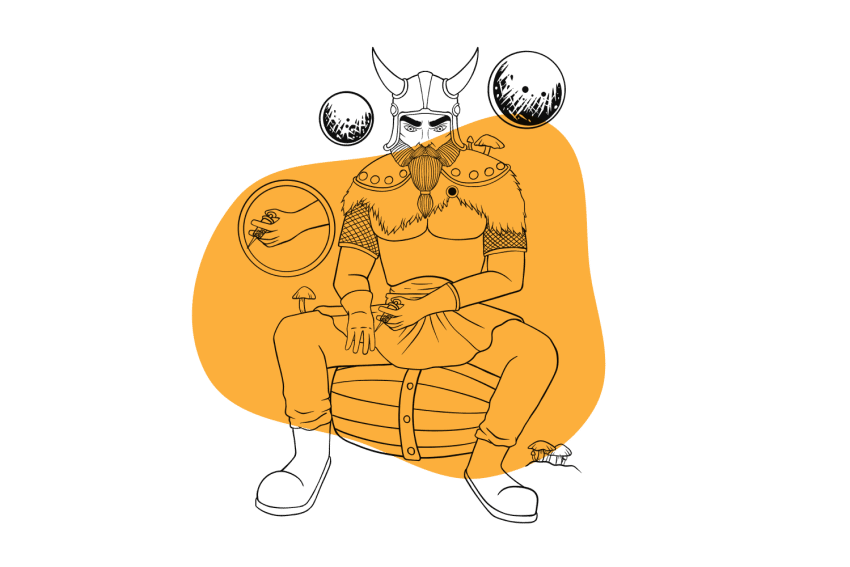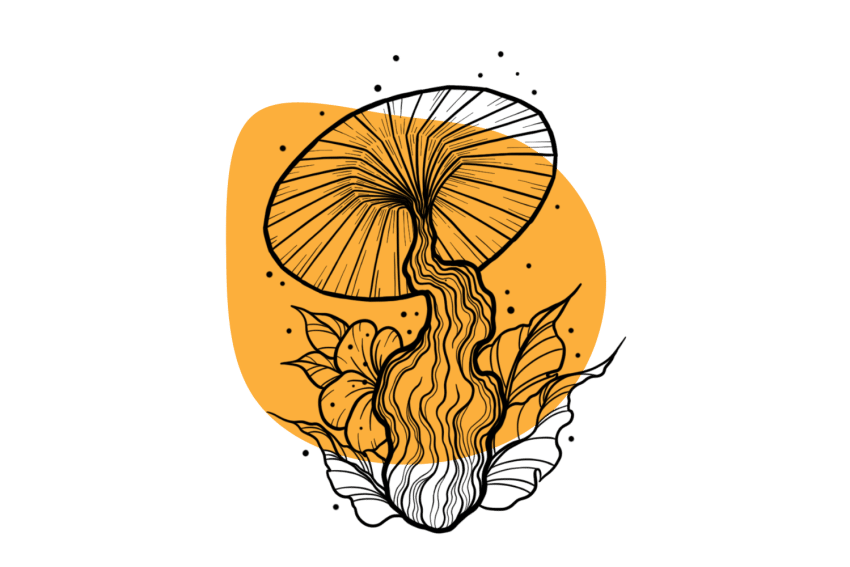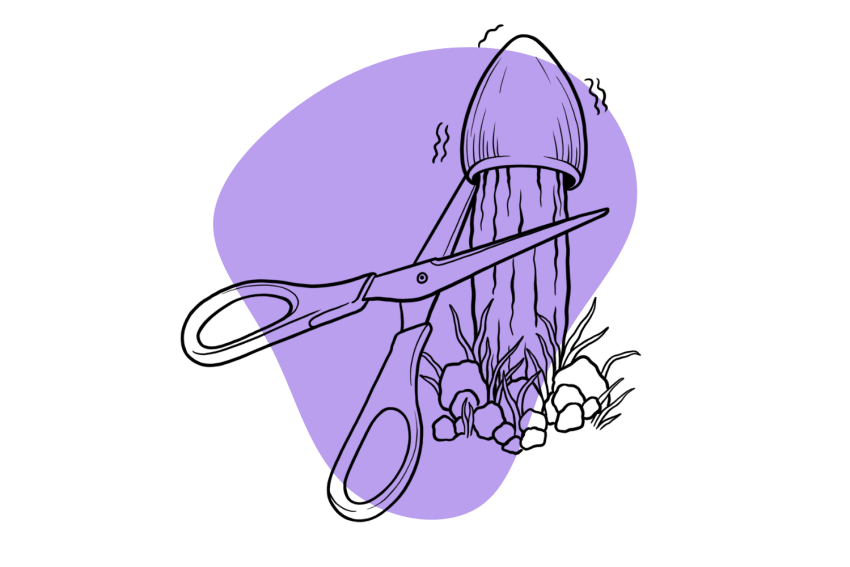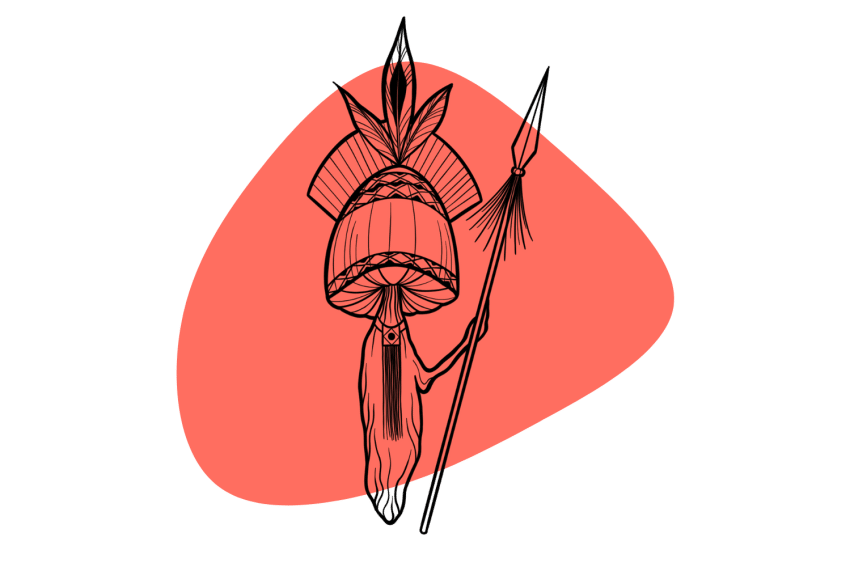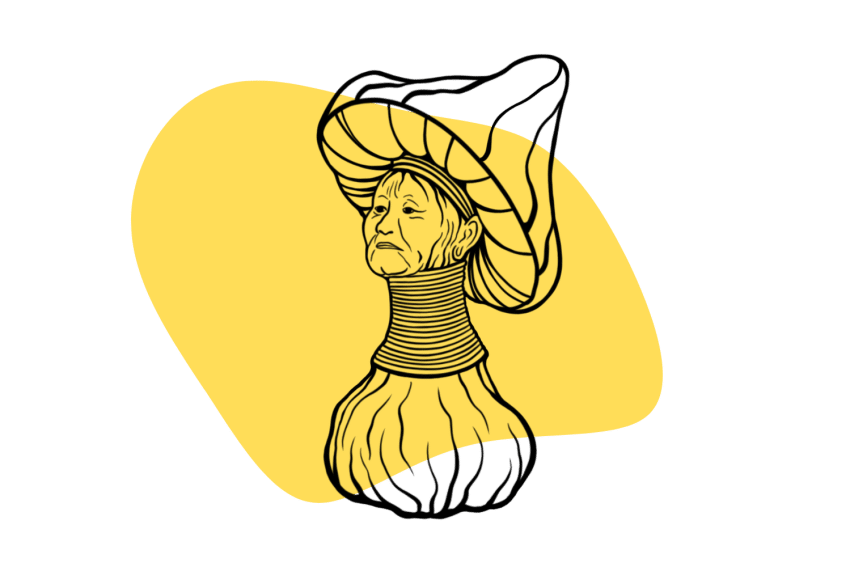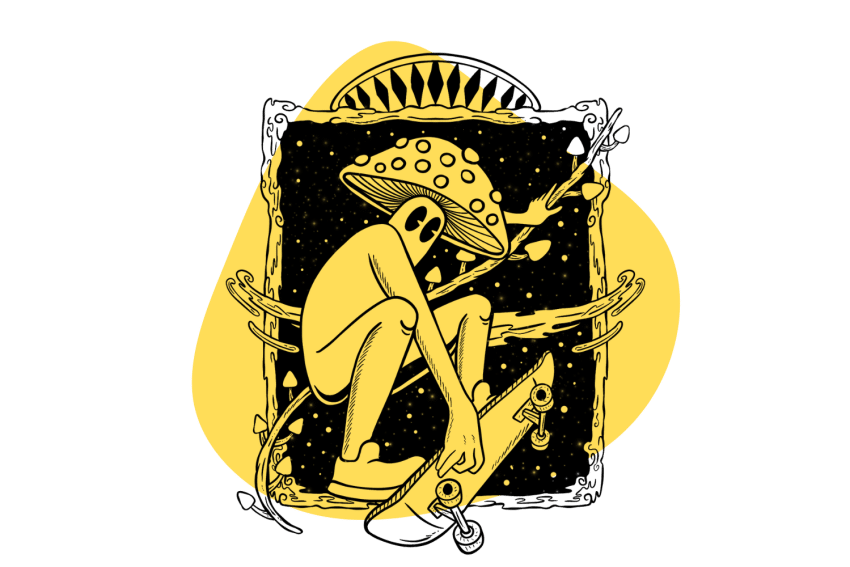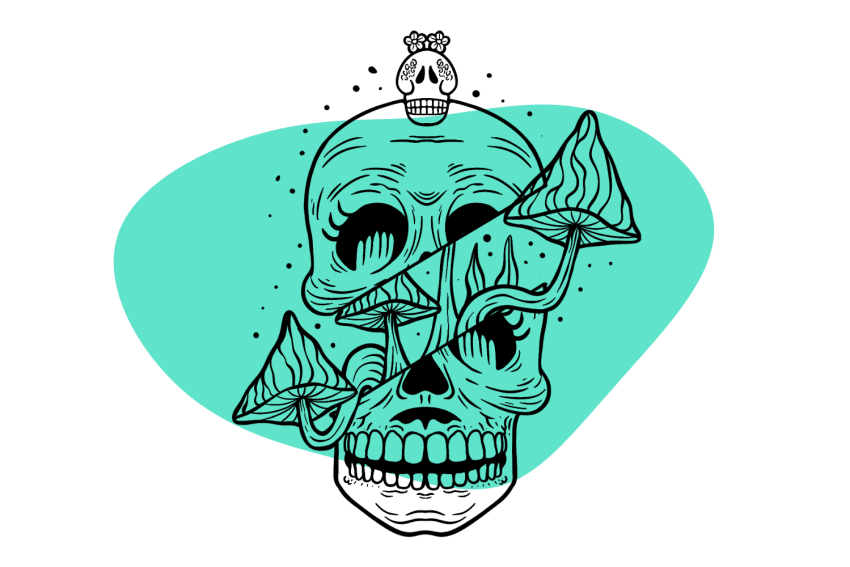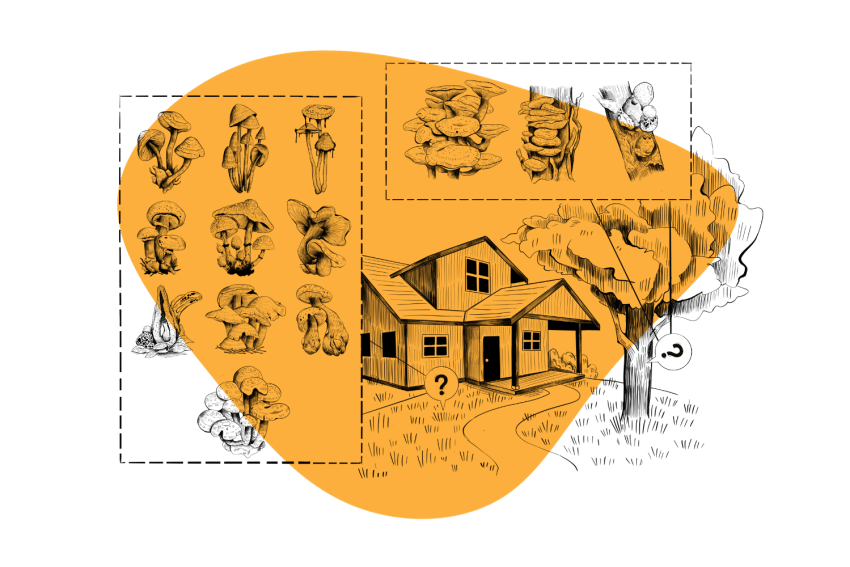Up-to-Date Psychedelic Drug Laws in Colorado (2023)
Proposition 122 effectively decriminalized the personal use (and gifting) of natural psychedelics, including magic mushrooms, mescaline (but not Peyote), DMT, and ibogaine. 🎉🍄
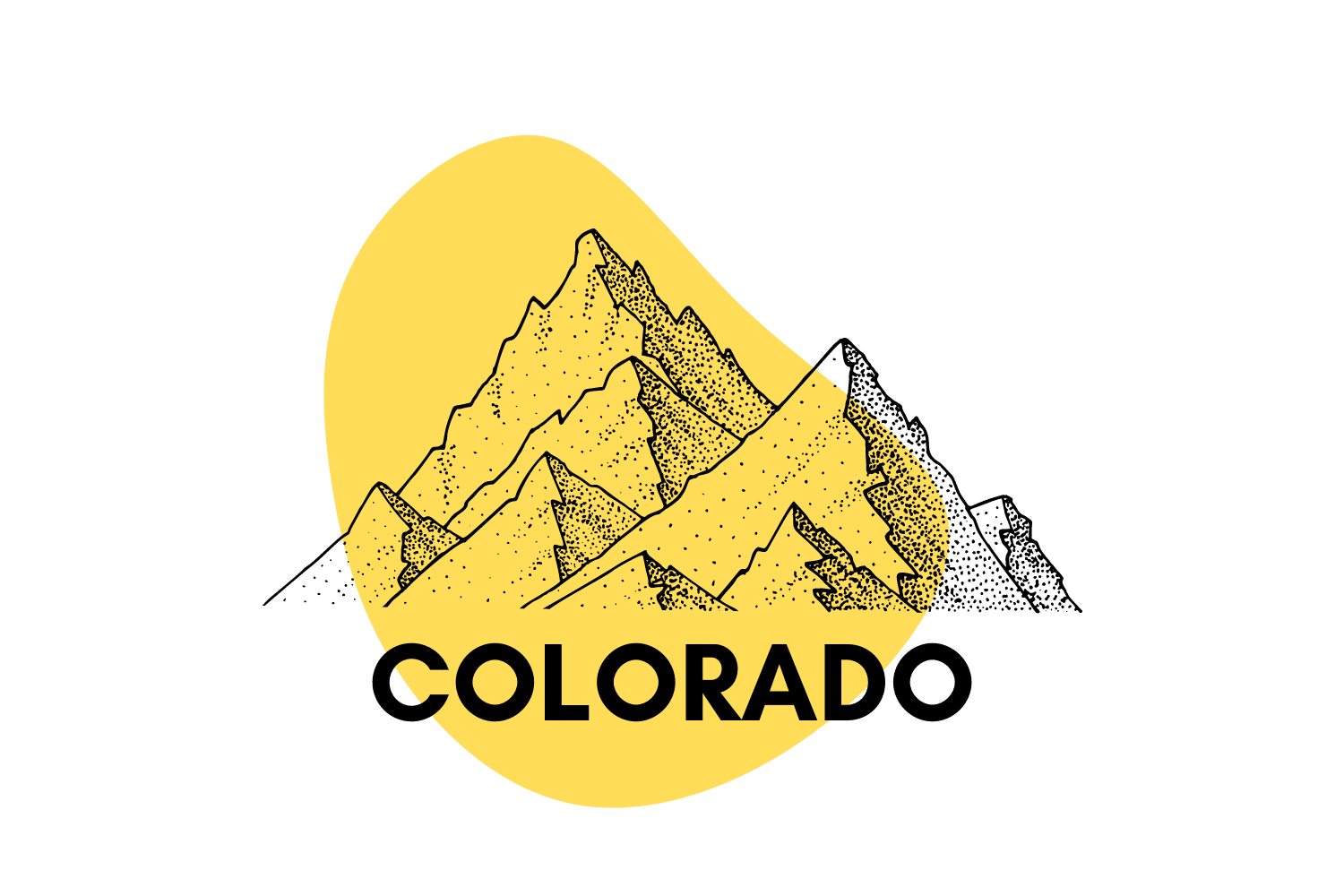
Colorado is considered one of the more “relaxed” states regarding psychedelics and plant-based substances.
It was the second state to legalize marijuana for recreational use (just four days behind Washington) and the home of the first US city to decriminalize magic mushrooms (Denver).
Here, we’ll explore the current state of affairs when it comes to psychedelics and other psychoactive substances.
Summary: The State of Psychedelics in Colorado
- ✅ Psilocybin has been decriminalized for recreational use and legalized for medical use across the state of Colorado.
- ✅ Marijuana is legal for both medical & recreational use.
- ✅ Proposition 122 passed — decriminalizing the possession, cultivation, use, and non-monetary exchange of magic mushrooms, ibogaine, mescaline, and DMT.
- ❌ Delta 8 THC is illegal in Colorado in concentrations above 0.3%.
Are Magic Mushrooms Legal in Colorado?
As of November 8, 2022, magic mushrooms have been decriminalized for personal use (and gifting) in Colorado (Proposition 122).
This initiative was led by a group called Natural Medicine Colorado.
This new law states that certain natural psychedelics, including magic mushrooms and their active ingredients, psilocybin, and psilocin, are no longer considered a felony offense. This only refers to the personal use, possession, and non-monetary exchange of magic mushrooms. Selling mushrooms for profit remains illegal and punishable with lengthy jail sentences.
The new law also creates a pathway for legalizing healing centers and retreats (projected to be in place by the end of 2024).
This is big news for Colorado, but it’s not the first time laws like this have been implemented here.
In 2019, voters in the city of Denver approved Initiative 301. This referendum decriminalized the use of psilocybin by those over 21 years of age.
The spores of hallucinogenic mushrooms are legal and even sold for research purposes. This is because they do not contain any illegal substances. However, the moment they germinate, they become illegal again.
Related: Learn More About Colorado’s Proposition 122
Do Magic Mushrooms Grow Wild in Colorado?
Yes, you can find magic mushrooms all over the world, except for Antarctica.
Due to its mountainous areas, Colorado is home to many species of magic mushrooms. The most common one is Psilocybe cubensis, mainly found in Colorado Springs. On the other hand, you can also find other species, such as Psilocybe cyanescens and Panaeolus cambodginiensis.
Magic Mushroom Laws USA
Is LSD Legal in Colorado?
In Colorado, it is illegal to use, sell, manufacture, transport, or possess LSD (lysergic acid diethylamide). Under Colorado state law, possession of LSD is considered a misdemeanor.
Possession of more than 4 grams of acid (4 million micrograms) can lead to 6 to 18 months in jail and $500 to $5,000 in fines.
On the other hand, selling this substance corresponds to a felony, which can bring up to 32 years in prison.
Is MDMA Legal in Colorado?
No. MDMA (ecstasy) is illegal in the state of Colorado.
Its use, possession, or sale is punishable by severe fines or imprisonment.
However, more and more studies support its therapeutic use. For this reason, several states in the country are moving to legalize its administration by trained psychiatrists and other health practitioners.
MAPS (Multidisciplinary Association for Psychedelic Studies) has been leading the way in the field of MDMA research and is on the brink of having it approved by the FDA for treating PTSD.
Ketamine Laws in Colorado
Ketamine is illegal in Colorado for recreational use but legal for therapeutic use.
Many states have moved to legalize ketamine for therapeutic use. It’s an approved medicine for the treatment of depression and PTSD.
There are dozens of ketamine clinics in operation in the cities of Denver, Boulder, and Colorado Springs.
What’s the Difference Between Legalization & Decriminalization?
Many people tend to confuse decriminalization with legalization — but they aren’t the same thing.
When we talk about decriminalization, we refer to the fact that the penalties for possessing or consuming the substance are significantly reduced, not eliminated.
Legalization refers to the complete absence of penalties for possession but may require some regulations for how much one can possess, where one buys it, and how old one needs to be in order to get it.

